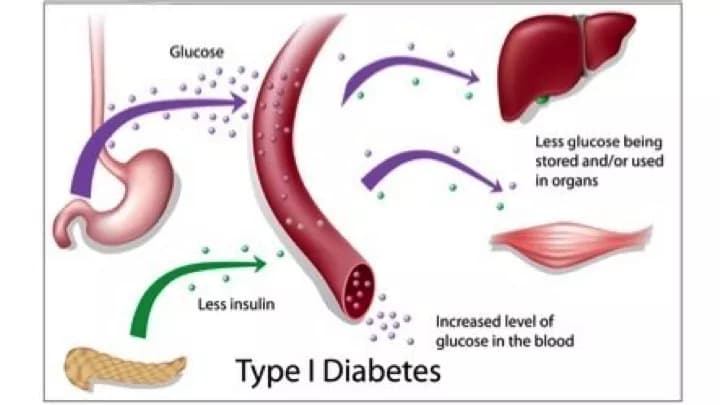
New Potential Cause Of Type 1 Diabetes
An international team of researchers led by City of Hope's Bart Roep, Ph.D., the Chan Soon-Shiong Shapiro Distinguished Chair in Diabetes and professor/founding chair of the Department of Diabetes Immunology, has been able to justify an alternative theory about the cause of type 1 diabetes (T1D) through experimental work. The study results were published online in the journal Nature Medicine.
T1D, previously known as juvenile diabetes, affects an estimated 1.5 million Americans and is the result of the loss of insulin-producing cells in the pancreas. The prevailing belief was that the root cause of T1D was the immune system mistakenly identifying those insulin-secreting beta cells as a potential danger and, in turn, destroying them.
Now Roep, along with researchers from the Leiden University Medical Center in the Netherlands, have found a mechanism in which stressed beta cells are actually causing the immune response that leads to T1D.
"Our findings show that type 1 diabetes results from a mistake of the beta cell, not a mistake of the immune system," said Roep, who is director of The Wanek Family Project for Type 1 Diabetes, which was recently created with gifts from the Wanek family and anonymous donors to support the institution's goal of curing T1D in six years. "The immune system does what it is supposed to do, which is respond to distressed or 'unhappy' tissue, as it would in infection or cancer."
In order to gain a better understanding of why the immune system attacks the body's own source of insulin -- the pancreatic beta cells in the islets of Langerhans -- the team took some clues from cancer molecules that are targeted by the immune system after successful treatment of the cancer with immunotherapy.
One of these cancer targets is a so-called nonsense protein, resulting from a misreading of a DNA sequence that makes a nonfunctional protein. It turns out that the same type of protein error is also produced by the beta cells in T1D. Therefore, Roep and the other researchers believe it is a 'wrong read' of the insulin gene itself that proves to be a major target of the immune system. This error product of the insulin gene is made when beta cells are stressed, Roep said.
"Our study links anti-tumor immunity to islet autoimmunity, and may explain why some cancer patients develop type 1 diabetes after successful immunotherapy," he added. "This is an incredible step forward in our commitment to cure this disease."
According to the paper titled, "Autoimmunity against a defective ribosomal insulin gene product in type 1 diabetes," the findings "further support the emerging concept that beta cells are destroyed in T1D by a mechanism comparable to classical antitumor responses where the immune system has been trained to survey dysfunctional cells in which errors have accumulated."
The results of the study give Roep new insight, he said, for his work in developing new vaccines to desensitize the immune system so that it will tolerate islets again, as well as for research into combining immunotherapy with more traditional diabetes treatments to reinvigorate islets.
"Our goal is to keep beta cells happy," Roep said. "So we will work on new forms of therapy to correct the autoimmune response against islets and hopefully also prevent development of type 1 diabetes during anti-cancer therapy."
Materials provided by City of Hope. Note: Content may be edited for style and length.
Disclaimer: DoveMed is not responsible for the accuracy of the adapted version of news releases posted to DoveMed by contributing universities and institutions.
Primary Resource:
Kracht, M. J., van Lummel, M., Nikolic, T., Joosten, A. M., Laban, S., van der Slik, A. R., ... & Zaldumbide, A. (2017). Autoimmunity against a defective ribosomal insulin gene product in type 1 diabetes. Nature Medicine. DOI: 10.1038/nm.4289
Related Articles
Test Your Knowledge
Asked by users
Related Centers
Related Specialties
Related Physicians
Related Procedures
Related Resources
Join DoveHubs
and connect with fellow professionals

0 Comments
Please log in to post a comment.